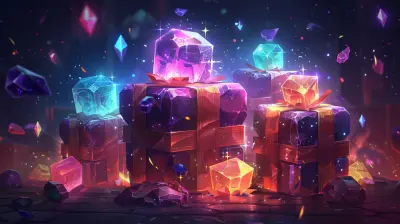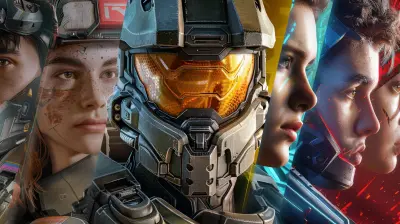How Video Games Became a Platform for Social Justice Movements
28 July 2025
Let’s get one thing out of the way — video games are no longer just about jumping on turtles, shooting aliens, or building pixel castles. Sure, that stuff is still fun (and always will be), but there's a whole new level to gaming now. Whether it’s shining a spotlight on racial inequality, supporting LGBTQ+ rights, or grappling with climate change, video games have become an unexpected (yet powerful) stage for social justice movements.
Wait… video games? Seriously? Yep. Believe it or not, that controller in your hand might hold more power than just unlocking achievements or racking up XP. Let’s dive into how our beloved games transformed into a cultural tool for challenging injustice and promoting change — one pixel at a time.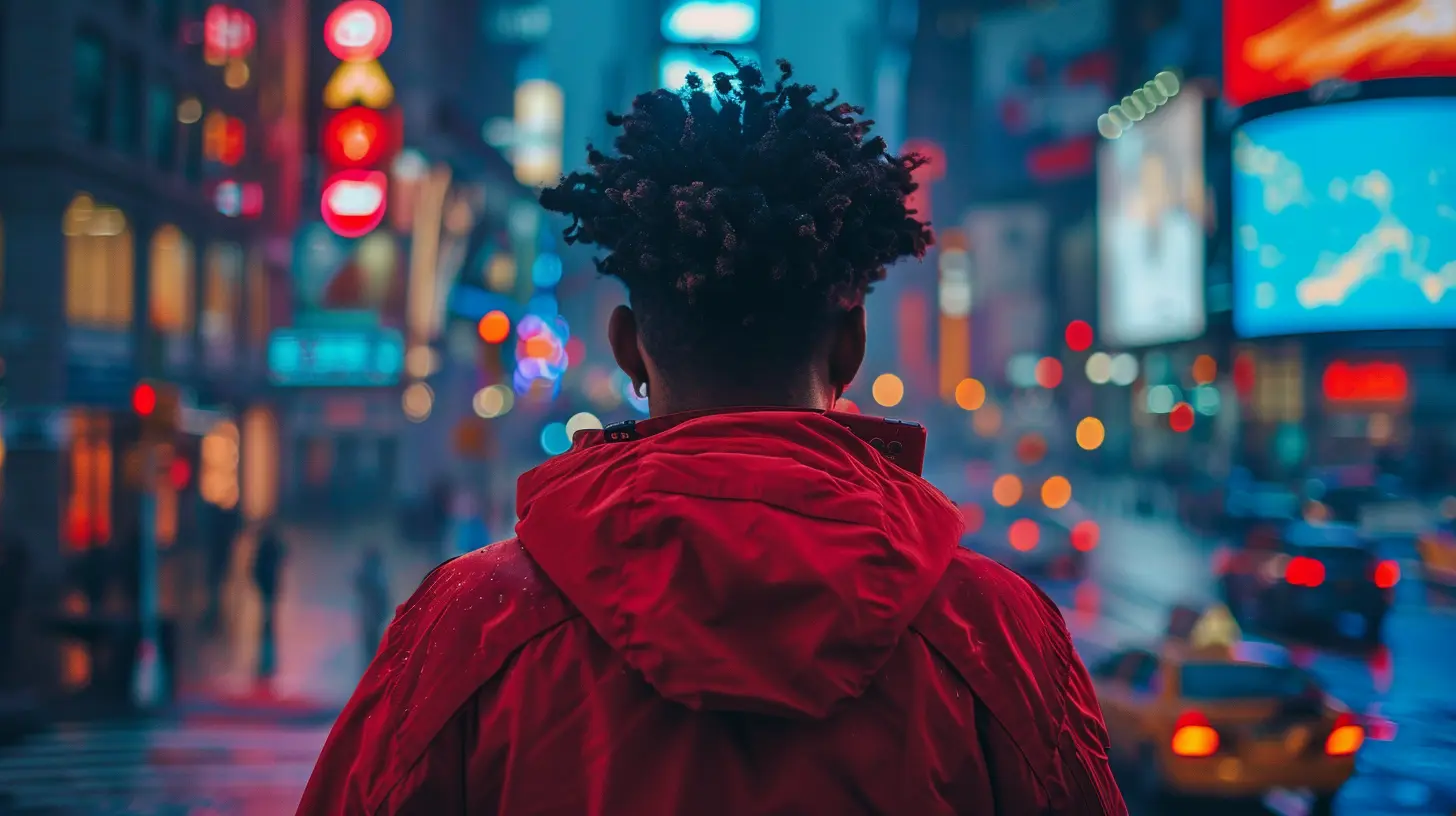
From Hobby to Advocacy: When Did Games Get “Woke”?
So here’s a tricky question: When did video games go from mindless entertainment to meaningful expression?The truth is, they always had the potential. Even as far back as the 1980s and '90s, some games were trying to tell deeper stories. Think about games like Final Fantasy VII, subtly exploring themes like environmentalism and corporate greed. Back then, the messages were more like whispers. But today? Oh, they're shouting from the rooftops… digitally, of course.
What changed? A lot.
The rise of indie developers, growing diversity in the gaming community, and more access to game-making tools opened the floodgates. Suddenly, more voices — especially marginalized ones — started making games that reflected real-world struggles. And gamers? They were more than ready to listen.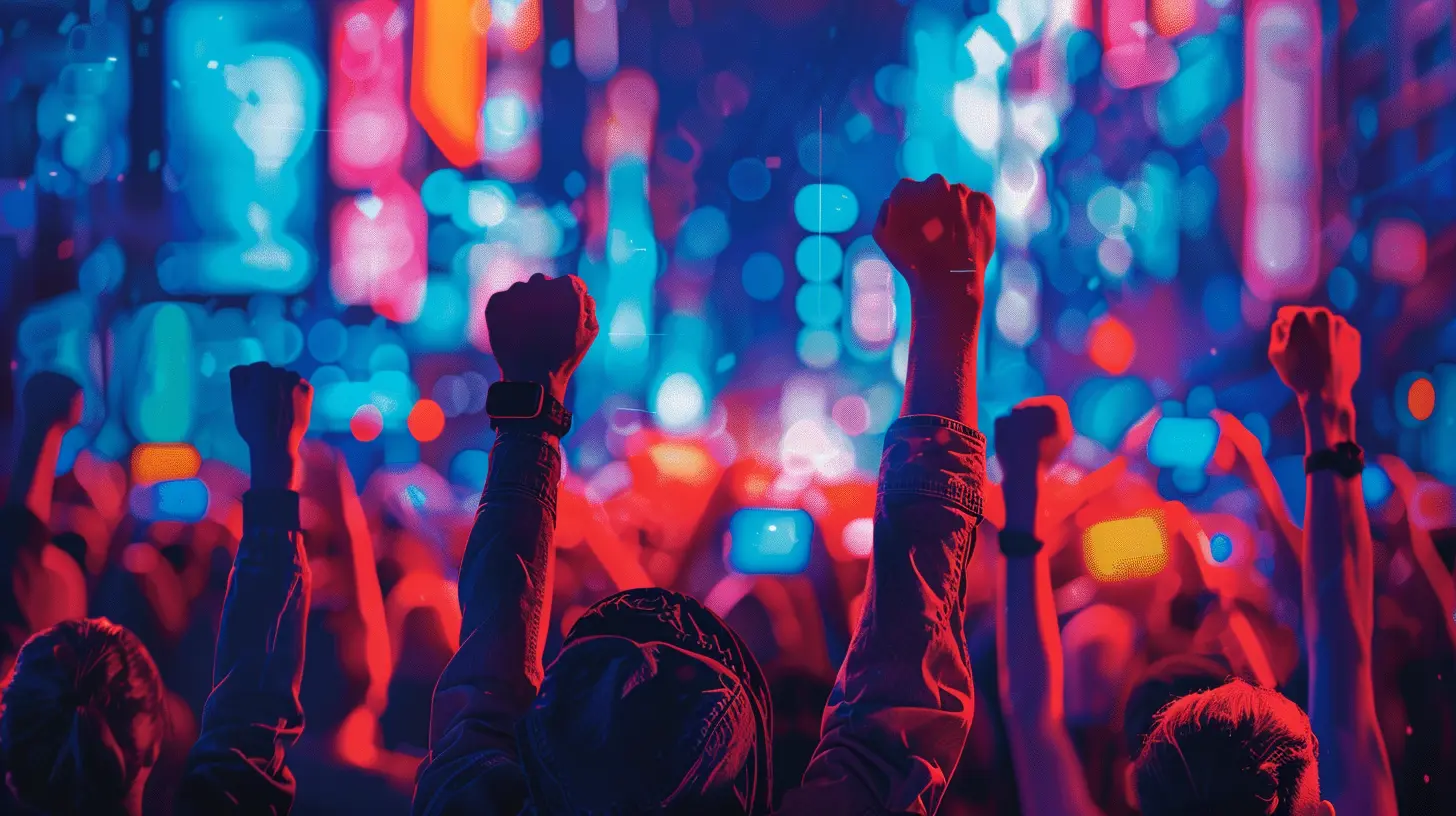
Representation Matters: Seeing Yourself in the Game
You’ve probably heard the phrase "representation matters" a thousand times. Guess what? It’s not just a buzzword—it's the truth.Playing as Who You Are
Once upon a time, video game protagonists looked suspiciously alike. Buff dudes. Buzz cuts. Often white. Definitely straight. For a lot of players, this meant always stepping into the shoes of someone nothing like them.Now, developers are breaking that mold. Today we have games like Celeste, which features a transgender protagonist, or Tell Me Why, one of the first mainstream games featuring a trans man as a lead character — written with input from the trans community, no less.
Being able to play as a character who shares your identity? That’s not just “cool.” It’s empowering. It says, “You exist. You belong here.” And that’s a game-changer.
Diversity Behind the Controller
Representation in games isn't only about who you play — it's also about who’s making the games. With more women, BIPOC, and LGBTQ+ folks entering the tech and gaming industries, we’re seeing a wider range of stories. Spoiler alert: when more people are allowed to tell their stories, we all get more interesting, meaningful games.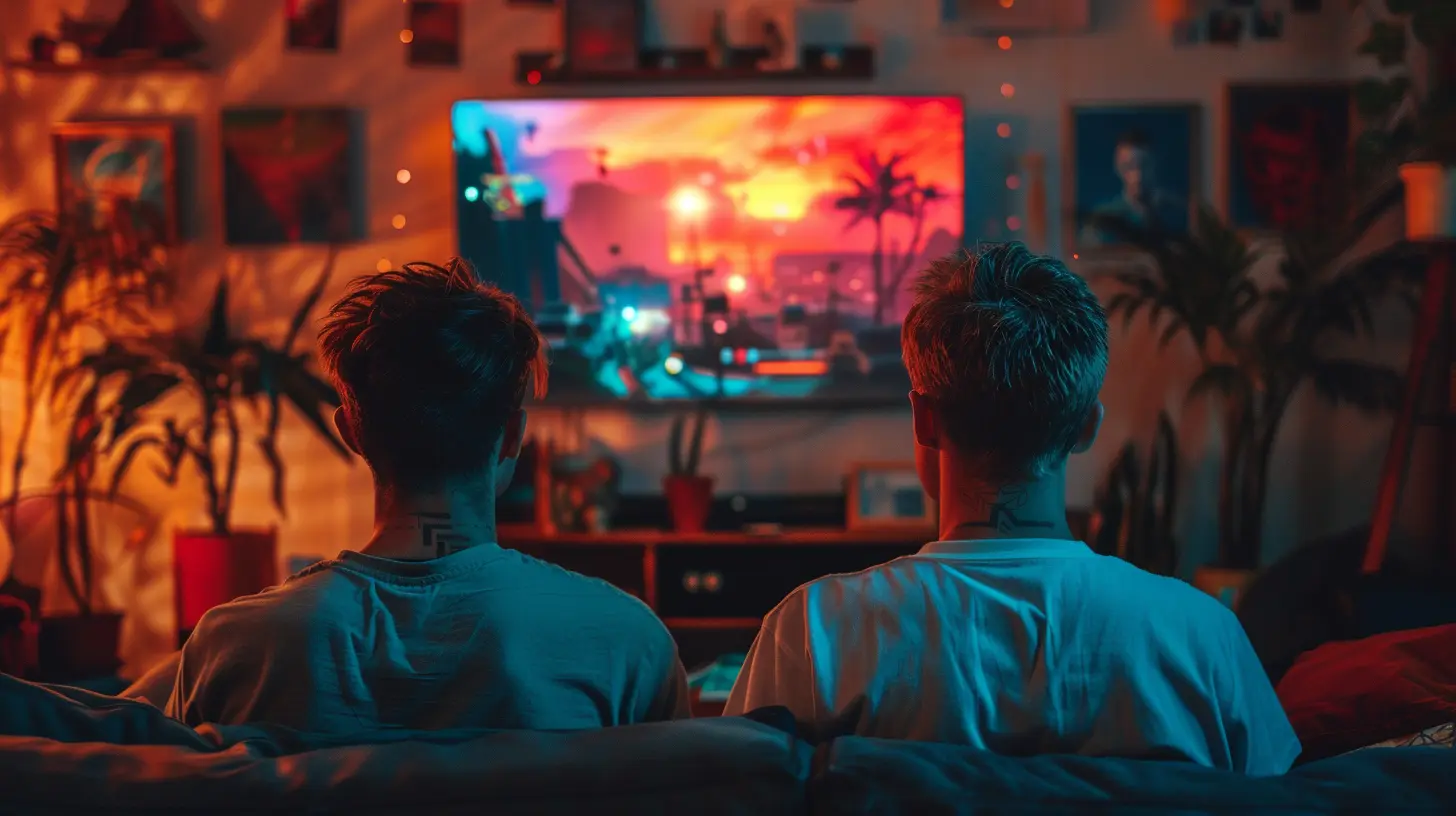
Games as Social Commentary: More Than Just Storytelling
Let’s make one thing clear. Not every game has to be a political statement. Sometimes, you just want to race a go-kart or throw bananas at people. Totally fair. But then there are games that go deeper, intentionally tackling big issues.Tackling Racism and Police Brutality
Take Watch Dogs 2 and Mafia III. Both explore racial profiling, systemic injustice, and the harsh realities faced by Black communities. These games don’t shy away from hard conversations—they throw them in your face with gritty storylines and realistic consequences. It’s like reading a compelling novel… only you’re in it.Then there’s 1979 Revolution: Black Friday — a powerful ride through the Iranian Revolution that teaches players about protest, resistance, and the cost of standing up for what’s right. It's history class, but with quick-time events and way more emotions.
Highlighting LGBTQ+ Rights
Games like Life Is Strange and The Last of Us Part II show complex queer characters who aren't reduced to stereotypes or sidekicks. These characters fall in love, go through heartbreak, make mistakes — in other words, they’re beautifully human.By weaving these lives into their narratives, these games normalize LGBTQ+ experiences and give players a way to connect emotionally, even if their own experiences differ.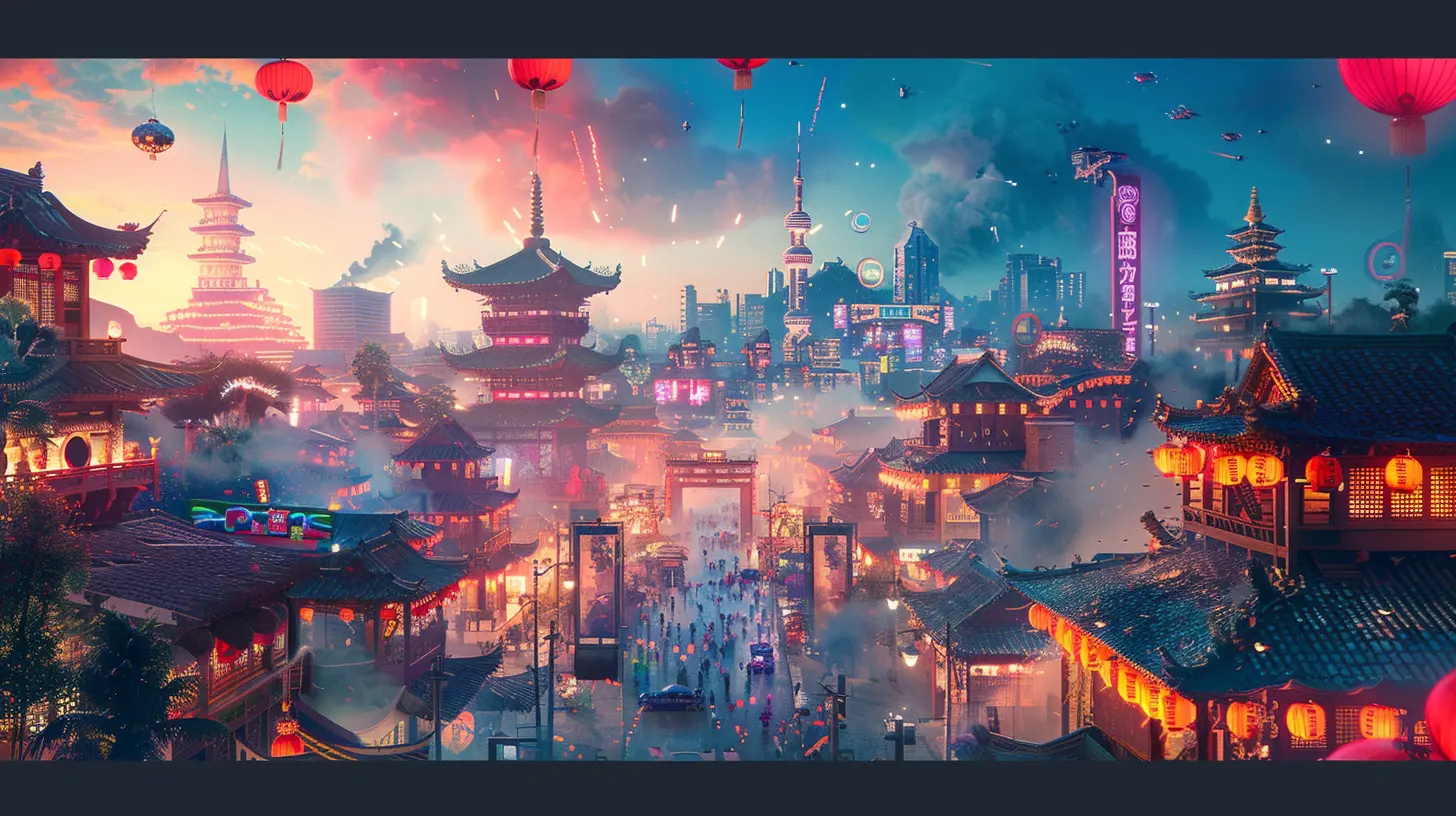
Virtual Protests & In-Game Activism: Yes, That’s a Thing
Who said you have to take it to the streets to make a statement? Gamers have found clever ways to protest — right inside the games themselves.Black Lives Matter Meets Animal Crossing
Remember Animal Crossing: New Horizons? That adorable island life simulator where you fish, catch bugs, and somehow owe a raccoon thousands of Bells? In 2020, players turned their islands into digital protest spaces. Signs reading “Black Lives Matter,” virtual rallies, and even fashion supporting social justice flooded the game.It was peaceful protest, pixel-style. And it got attention.
Hong Kong Protests in Esports and Games
During the height of the Hong Kong protests, players found ways to show solidarity within games like Overwatch and League of Legends. Even Animal Crossing saw activist art pop up overnight. Pro-democracy slogans, messages of resistance — all had a place in virtual worlds that were, ironically, much freer than the real one.China didn’t like that much... but that’s another story.
Gamers Unite: Communities That Care
Here’s what’s wild — it’s not just the developers pushing for change. Gamers themselves have picked up the torch. Online communities have become hotbeds for activism, fundraising, and awareness campaigns.Charity Streams for a Cause
Ever heard of Games Done Quick? It’s a marathon where speedrunners race through games to raise money for charities like Doctors Without Borders and the Prevent Cancer Foundation. But it’s not just one event. Across Twitch and YouTube, thousands of gamers raise millions for causes — from gender equality to trans rights to mental health.Hashtags and Movements
Hashtags like #GamersAgainstRacism and #TransRightsAreHumanRights have exploded on Twitter, Reddit, and TikTok. These digital movements bring gamers together from all walks of life, proving that caring about social issues isn’t just for the political science majors.The Backlash Problem: Not Everyone Is On Board
Okay, let’s be real. Not everyone is thrilled about social justice in games. Some people think politics should stay out of gaming — as if game worlds aren’t already packed with political themes (looking at you, Call of Duty).Here’s the thing: if a game has rules, hierarchies, or any kind of conflict? It’s political. But the pushback isn’t always about the content — a lot of it comes from discomfort. Some players don’t want to face hard topics during their “escape time.” And hey, that’s fair... to a point.
But pushing for fairness, empathy, and inclusivity isn’t ruining games — it’s enriching them. It’s leveling up the culture.
What’s Next: The Future of Games and Justice
So where are video games headed? Honestly, the sky’s the limit.We're going to see even more deeply personal indie gems that dare to tackle things like immigration, disability, and mental health (look out for Before I Forget or Papers, Please). VR and AR will let players walk in someone else’s shoes — literally — creating even more empathy-driven experiences.
More game studios are hiring diversity consultants, and more players are demanding inclusivity. It's clear: social justice isn’t a “trend.” It’s a new standard.
Final Thoughts: Power-Ups for Progress
At the end of the day, video games are a mirror. Sometimes they reflect our flaws and injustices. Other times, they reveal incredible strength, kindness, and possibility.Whether you’re slaying dragons, solving mysteries, or farming turnips, remember that games — like any form of art — can make a difference. And you, the player? You're part of that change.
So next time someone tells you gaming is a “waste of time,” feel free to hit them with a critical hit of truth. Because video games aren’t just pixels. They’re protest. They’re purpose. They’re power.
Game on, justice warrior.
all images in this post were generated using AI tools
Category:
Gaming CultureAuthor:

Tayla Warner
Discussion
rate this article
2 comments
Bear Thomas
Finally, a joystick with a social conscience—game on!
November 11, 2025 at 5:23 AM

Tayla Warner
Thank you! It's exciting to see how gaming can drive social change and inspire players to engage with important issues. Game on indeed!
Nadia Powell
Great insights! Games truly empower social change. Thanks!
August 6, 2025 at 5:01 PM

Tayla Warner
Thank you! I'm glad you found the insights valuable. Games can indeed be powerful tools for sparking social change!
